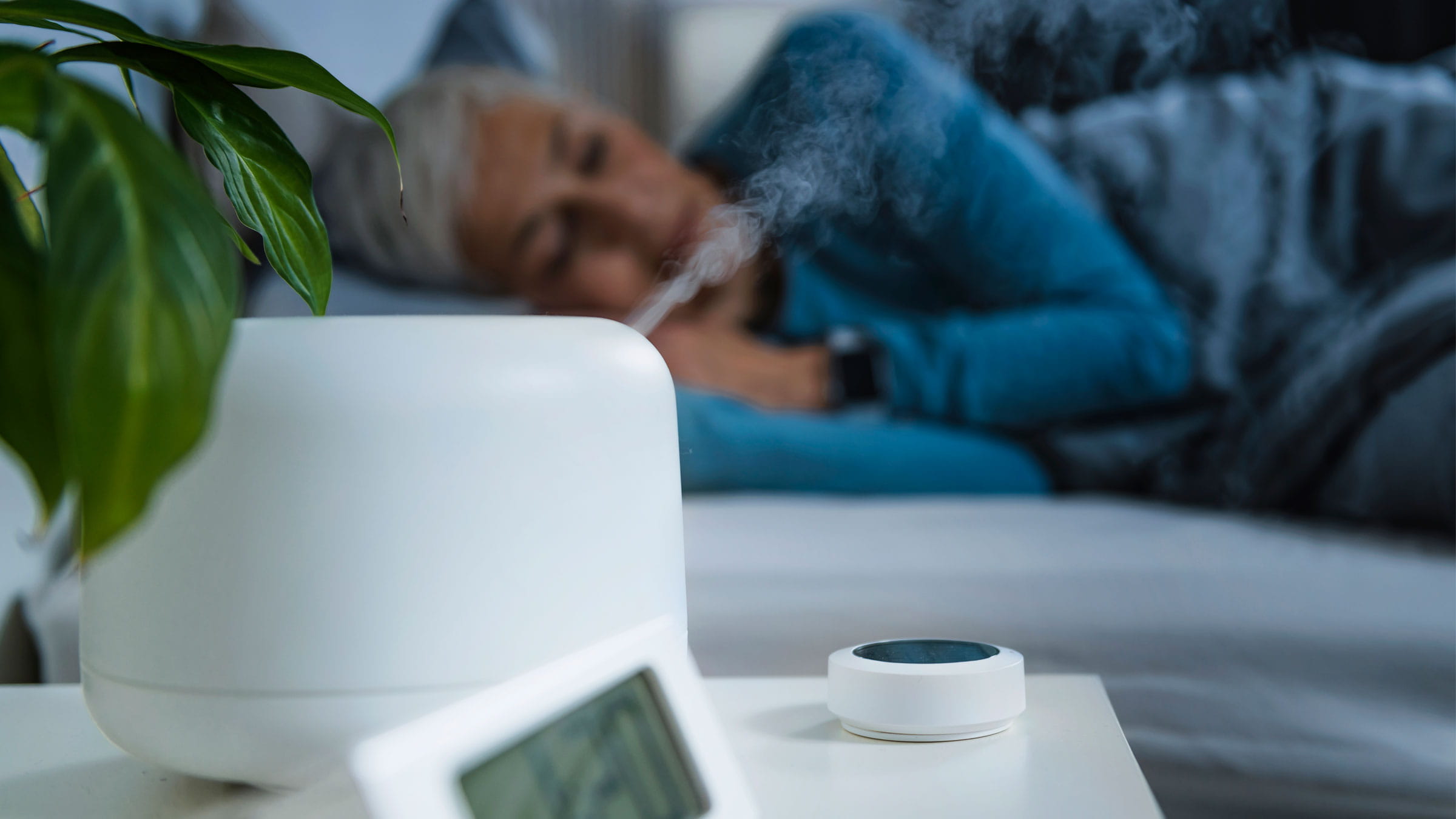
Tap water is safe for drinking and cooking, so you’d think it would be good for other uses, too — but not so fast.
Drinking water has low levels of microorganisms that pose a risk to your health when used in home medical devices like humidifiers, continuous positive airway pressure (CPAP) machines, neti pots and more.
However, results of a survey of U.S. residents by the Centers for Disease Control and Prevention found that participants didn’t know about this health risk. This misconception could lead to nasal irritation or a life-threatening infection.
What’s the risk of using tap water?
Drinking water is nonsterile and may contain microorganisms such as Pseudomonas aeruginosa, nontuberculous mycobacteria, Legionella, Acanthamoeba and Naegleria fowleri.
The more common risk of using tap water in home medical devices is irritation of the nasal passageways and sinuses. In rare cases, it can cause an amebic meningoencephalitis infection is almost uniformly fatal.
The elderly, young children, people with a known immune deficiency or those undergoing treatments that lower immunity are at higher risk of getting an infection.
Why is tap water safe to drink but not use in medical devices?
With these risks, you may be wondering why this water is safe to drink? It’s because our digestive tract contains many different tools to help keep us safe from contaminates in our food and drinks. Stomach acid is one of the first lines of defense that kills many types of infections.
What type of water should you use in home medical devices?
So what can you use in home medical devices instead of tap water? Distilled or sterile water is ideal. You can also boil tap water on the stove for 1 minute (or 3 minutes at higher elevations) and let it cool before use.
Additionally, there are specialized water filters that are effective at removing microorganisms from drinking water. These are different from the standard water filters that are typically used in water pitchers, faucets and refrigerators.
Important reminders when using home medical devices
If you use a home medical device, it’s important to follow the manufacturer’s instructions. They detail the specific types of fluid to use so that the concentration of salt in the water is correct. And make sure the devices are cleaned properly after each use and replaced when needed.
Your doctor may recommend a solution that is isotonic or equal to your body chemistry. It’s not uncommon for doctors to recommend adding particular medications to saline rinses, including anti-inflammatory medications or occasionally antibiotics.
I wouldn’t add essential oils or silver to humidifiers or rinses unless recommended by your medical team. They can be very irritating to delicate nasal and sinus tissue and could contain allergens, since they’re plant derived.






